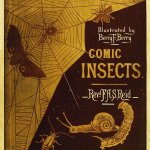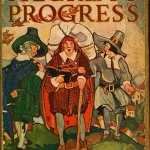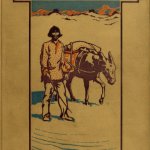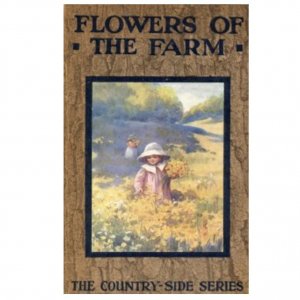
Home School Creative Commons Resources
Homeschool Commons was created to serve as a central juncture for finding free resources to use in personal and commercial ventures.
There are other amazing websites that are directed towards homeschoolers which organize and/or provide free resources for use in educating your children. This site is not trying to reproduce the efforts of others.
Instead, this site attempts to provide a clear distinction between material that is free for personal use, and that which is truly liberated. Therefore, much of what is found here will be content in the public domain or copyrighted under a flexible creative commons license.
This means that much of the material can be used to create new works and share with others.
All the material you will find in this category, unless otherwise noted, is free.
I have homeschooled my children since 2004 and have used tons of free use or public domain content in our studies. I love to make printables and other resources from public domain sources.
If you are looking for more information try one of these pages:
- Want to know how to navigate this site?
- Have questions about the use of content?
- List of free homeschool curriculum other than Homeschool Commons.
- Find out ways you can use public domain material to create your own homeschool projects.
- View a list of reviewed homeschool curriculum.
If you have questions or would like to submit content to this site, please use the contact form.
How to Use The Commons Category
This category is meant to serve as a hub for free educational material found on the web that is suitable for use in homeschooling, unschooling, and other alternative educational ventures.
There are three main categories. The information in this category is organized in three ways: by grade level, subject, and copyright license.
You can also find what you are looking for by typing in the search button located at the top-right of every page. Try keywords rather than specific phrases to get the most results from your search.
Comic Insects
Posted in Lower Elementary, Nature Studies, Public Domain on October 15, 2013

How queer a procession is passing this way, Of insects all talking; come, hear what they say! The sight is as strange as their words they are true, And you’ll laugh as they offer their lessons to you. This fun little book contains lessons about common bugs and insects, written in fun rhyme, with beautiful Read More »
Pilgrim’s Progress in Words of One Syllable
Posted in Culture, Literature, Lower Elementary, Public Domain, Reading, Upper Elementary on October 15, 2013

In addition to Hurlburt’s version of Pilgrim’s Progress for children, I have discovered this illustrated translation. None of the words in this book are more than one syllable, making it suitable for earlier readers! This ebook also has illustrations in black and white – but it also has a few full color images! Download Pilgrim’s Read More »
The Common Spiders of the United States
Posted in High School, Lower Elementary, Middle School, Nature Studies, Public Domain, Upper Elementary on September 25, 2013
If one wishes to find what spiders live in his neighborhood, they must be looked for at all times and in all kinds of places. The house and cellar should be looked over and the spiders watched until they are fully grown. The outside of the house and fences should be looked over occasionally in Read More »
The Mystic Mid-Region: The Deserts of the Southwest
Posted in Culture, Lower Elementary, Nature Studies, Public Domain, Upper Elementary on September 25, 2013

Learn about the deserts of the Southwest USA! Between the lofty ranges of mountains which mark the western boundary of the great Mississippi Valley and the chain of peaks known as the Coast Range, whose western sunny slopes look out over the waters of the placid Pacific, lies a vast stretch of country once known Read More »
Wildflowers of the Farm
Posted in Lower Elementary, Nature Studies, Plants, Public Domain, Upper Elementary on September 11, 2013

Almost all plants, including large trees, have flowers–they are flowering plants. Just a few plants have no flower; ferns have none, nor have the mosses and lichens which grow on walls and rocks and on the stems of trees. Fungi, too, such as the mushroom, have no flowers. Nearly all other plants have flowers. It Read More »






